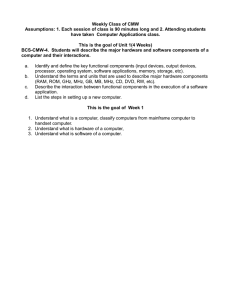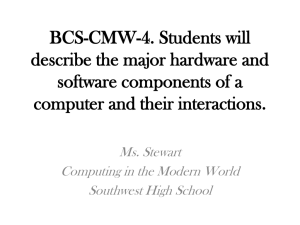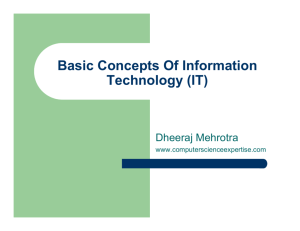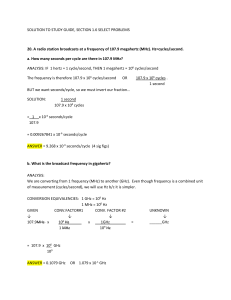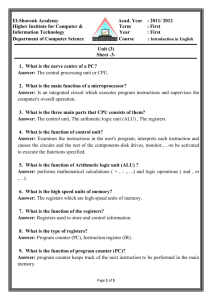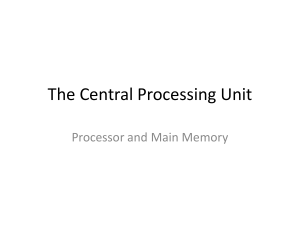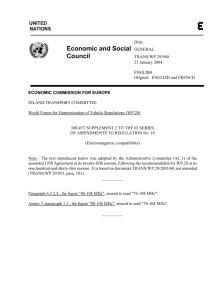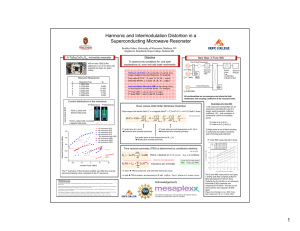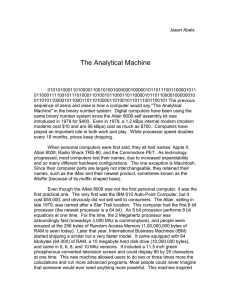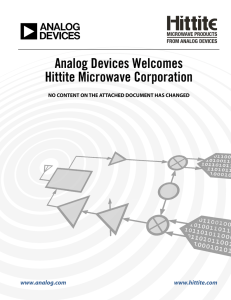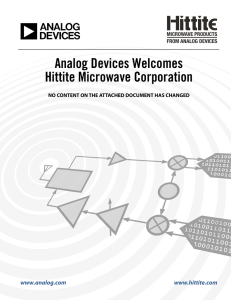Computer Systems
advertisement
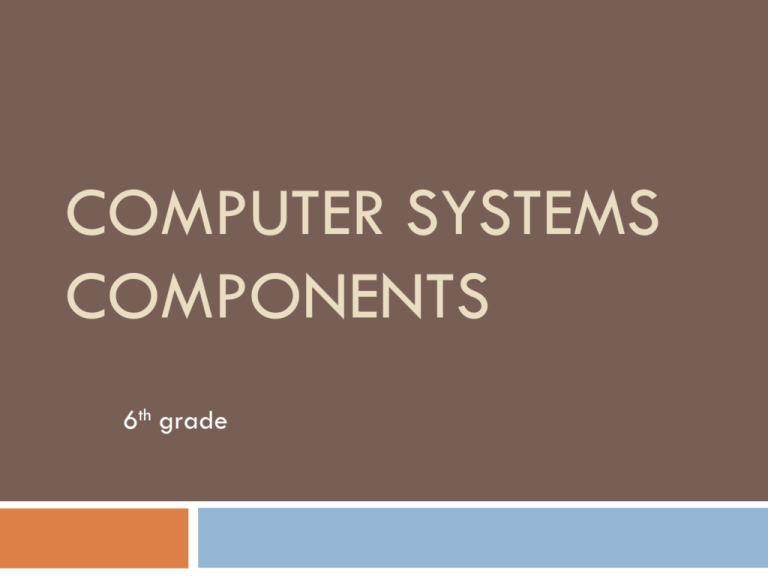
COMPUTER SYSTEMS COMPONENTS 6th grade BCSI-1: Students will identify computer system components. a) Identify and define the key functional components (input devices, output devices, processor, operating system, software applications, memory, storage, etc.) b) Understand the terms and units that are used to describe major hardware components (RAM, ROM, GHz, MHz, GB, MB, CD, DVD, RW, etc.) c) Explain operating system software, application software, and utility software, citing examples of each. a. Identify and define the key functional components. input devices output devices processor operating system software applications memory storage Input Input-information entered into a computer Input Devices- mouse, keyboard, scanner, digital camera, and microphone. Output Output-the information the computer delivers back to the user Output Devices-monitor, headphones, printer, speakers, and projector. Processor Processor- The Central Processing Unit (CPU)- is the brains of the computer. Sometimes referred to simply as the central processor, but more commonly called processor, the CPU is where most calculations take place. In terms of computing power, the CPU is the most important element of a computer system. Operating System Operating system-the overall program that controls all the other software programs and allows hardware devices to work properly. Examples: Microsoft Windows, Linux, Unix, Mac OSX, DOS Software Applications Application is a software program. Examples-Microsoft Office, Appleworks, & Photoshop Memory & Storage memory –a unit of a computer’s motherboard that stores data storage device-Hardware that saves data onto a hard drive, a server, or a flash drive b) Understand the terms and units that are used to describe major hardware components. RAM ROM GHz MHz GB MB CD DVD RW RAM & ROM RAM-Random Access Memorythe temporary information that a computer uses only when it works with a particular file. ROM –Read Only Memory-the permanent information on your hard drive GHz Abbreviation for gigahertz. The speed of microprocessors often is measured in gigahertz. For example, a microprocessor that runs at 200 GHz executes 200 billion cycles per second Megahertz MHz - Abbreviation for megahertz. One MHz represents one million cycles per second. The speed of microprocessors is measured in megahertz. For example, a microprocessor that runs at 200 MHz executes 200 million cycles per second GB and MB GB - The gigabyte is a multiple of the unit byte for digital information storage. The prefix giga means 109 in the International System of Units(SI), therefore 1 gigabyte is 1000000000 bytes MB-A megabyte in binary is 1,048,576 (220) bytes. In decimal it’s 1,000,000 bytes (106). CD and CD-RW CD - The Compact Disc (also known as a CD) is an optical disc used to store digital data. CD-RW- Short for CD-ReWritable disk, a type of CD diskthat enables you to write onto it in multiple sessions. DVD DVD is an optical disc storage media format. DVDs offer higher storage capacity than compact discs while having the same dimensions C) EXPLAIN OPERATING SYSTEM SOFTWARE, APPLICATION SOFTWARE, AND UTILITY SOFTWARE, CITING EXAMPLES OF EACH. Operating System Operating System-The overall program that controls all the other software programs and allows hardware devices to work properly. Examples: Microsoft Windows, Linux, Unix, Mac OSX, DOS Application Software Application software is computer software designed to help the user to perform singular or multiple related specific tasks like writing reports. Examples include Web BrowsersInternet Explorer & Apple Safari; Email-Outlook & Eudora; Word Processing-Word &WordPerfect; etc Utility Software Utility software is a kind of system software designed to help analyze, configure, optimize and maintain the computer. Examples: Disk defragmenters, System Profilers, Virus scanners, Application launchers, network managers, and encryption utilities Items needed Power Point Worksheet 1B Worksheet 2A
